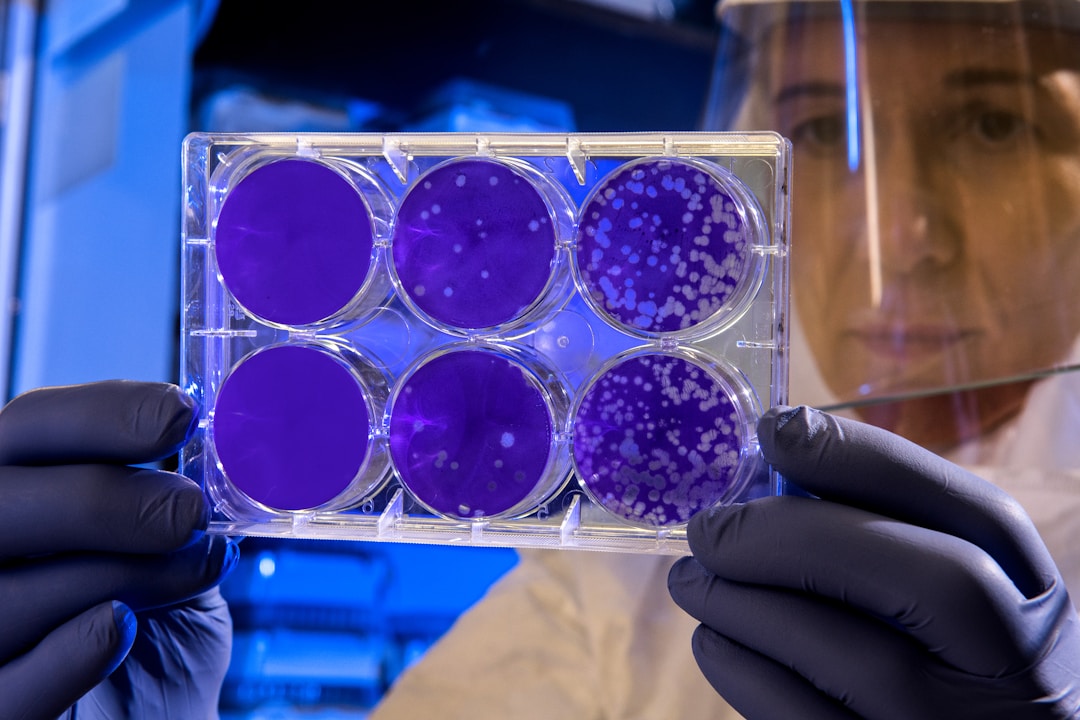In the intricate, interconnected system of human physiology, several critical molecules influence metabolic function and, consequently, overall health. One such vital molecule is Nicotinamide Adenine Dinucleotide (NAD), a coenzyme that plays a crucial role in numerous metabolic processes. This article delves into the emerging scientific understanding of the relationship between NAD+ and metabolic disorders, including diabetes and metabolic syndrome. We aim to shed light on the potential benefits of understanding and harnessing NAD+ for the management and potential treatment of these prevalent disorders.
The Function of NAD+ in Metabolism

NAD+ is a coenzyme present in all living cells, acting as a critical co-substrate for various metabolic enzymes. The NAD+/NADH ratio in our cells influences multiple biological processes, including energy metabolism, DNA repair, cell survival, and aging. During cellular respiration, NAD+ is reduced to NADH, which then donates its electrons to fuel the production of ATP, our primary cellular energy currency.
Moreover, NAD+ serves as a substrate for several enzymes like PARPs (poly ADP-ribose polymerases), sirtuins, and CD38 that mediate DNA repair, epigenetic modifications, calcium signaling, and immune responses. Among these, sirtuins – a class of proteins with critical roles in health span and lifespan—are heavily influenced by the availability of NAD+. Sirtuins deacetylate various proteins, influencing metabolic processes, inflammation, stress resistance, and aging, all of which are directly linked to metabolic disorders such as diabetes and metabolic syndrome.
NAD+ and Its Role in Diabetes
Type 2 diabetes, characterized by insulin resistance and hyperglycemia, is closely associated with the dysfunction of metabolic processes. Recent research has started to elucidate how NAD+ metabolism may be intertwined with this disorder.
Some studies indicate that NAD+ levels are often reduced in animal models of type 2 diabetes, suggesting a potential role of NAD+ deficiency in the onset and progression of the disease. One of the potential explanations is that NAD+ decline may impair the function of sirtuins, especially SIRT1, which regulates insulin secretion by pancreatic beta cells and the insulin sensitivity of other tissues.
Furthermore, preclinical studies have shown that boosting NAD+ levels, either through supplementation with NAD+ precursors like nicotinamide riboside or by inhibiting NAD+-consuming enzymes, could improve glucose tolerance and insulin sensitivity, highlighting the potential of NAD+ boosting strategies in managing diabetes.
NAD+ and Metabolic Syndrome

Metabolic syndrome, a cluster of conditions that include obesity, hyperglycemia, hypertension, and dyslipidemia, is another critical area where NAD+ appears to play a pivotal role. Like diabetes, metabolic syndrome is closely tied to metabolic dysfunction, and recent evidence has suggested the potential involvement of NAD+ imbalance.
Sirtuins, which are dependent on NAD+, have been found to regulate various aspects of metabolic syndrome. For example, SIRT1 influences adipogenesis, lipid metabolism, and inflammation, while SIRT3 plays a role in regulating mitochondrial function and metabolism. A decline in NAD+ levels, therefore, can lead to impaired sirtuin function, contributing to the symptoms of metabolic syndrome.
Supplementing with NAD+ precursors has been found to improve markers of metabolic health in preclinical models of metabolic syndrome. These include reducing weight gain, improving insulin sensitivity, and ameliorating dyslipidemia.
NAD+ Combatting Metabolic Disorders
Overall, the role of NAD+ in metabolic disorders, particularly diabetes and metabolic syndrome, is a growing area of research. While more extensive human clinical trials are needed, the current understanding hints at the potential therapeutic benefits of boosting NAD+ levels or enhancing its metabolism.
As the science of NAD+ metabolism continues to unfold, it provides a hopeful perspective on the potential to combat metabolic disorders through this avenue. With further research and clinical exploration, NAD+ modulation could become a significant element in the therapeutic toolkit for managing diabetes and metabolic syndrome. Harnessing the potential of NAD+ promises a future where metabolic health is not a privilege but a norm, bringing us one step closer to comprehensive healthcare for all.













